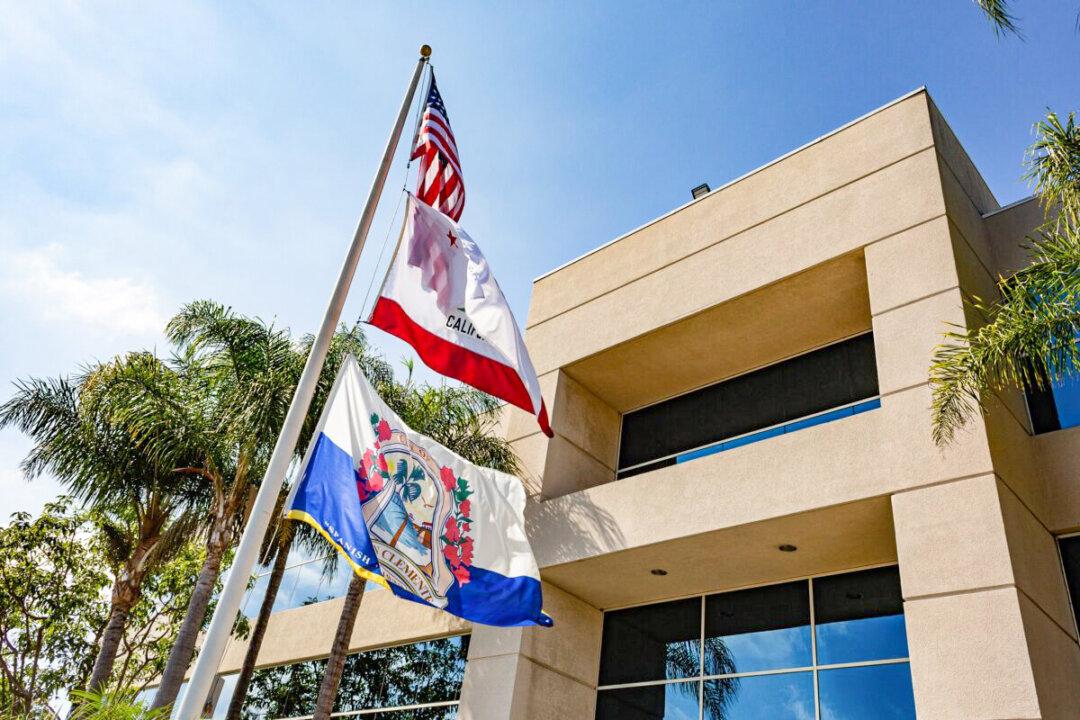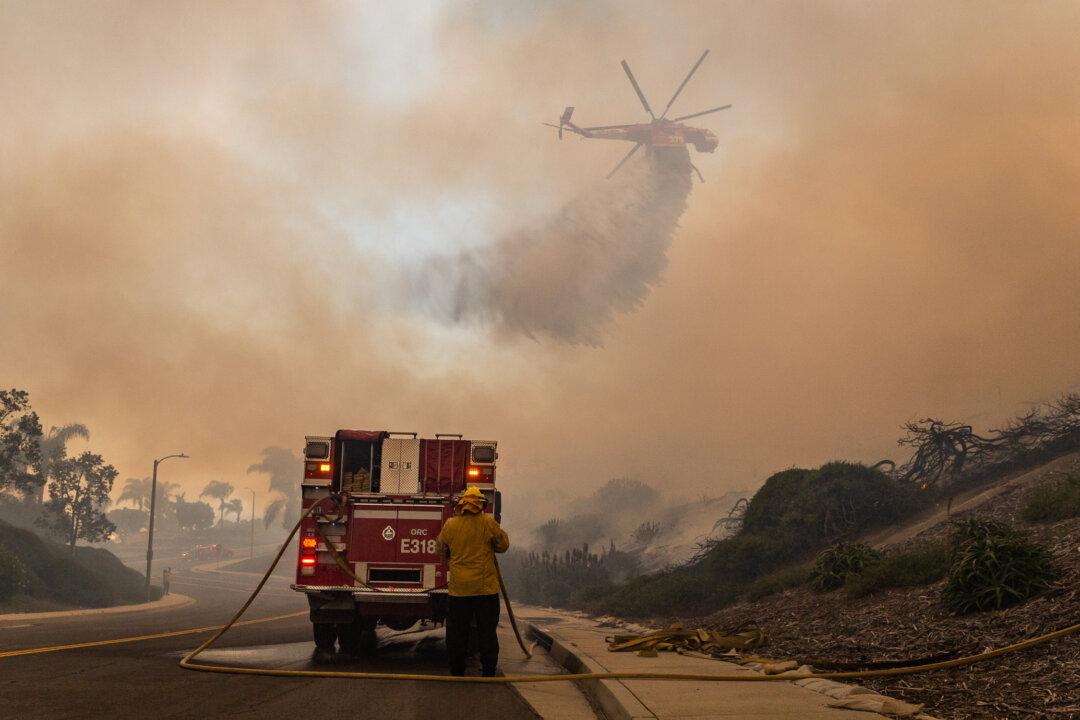Mary Ellen responded to a crisis call at an Orange County residence on April 18, where four local fire authorities waited in the front yard for her to support a grieving man whose wife of 75 years had passed away 20 minutes earlier.
When she arrived on scene, she did what she always does when handling these types of situations—provide an “emotional first-aid kit” to help the man grieving through his sudden loss.





